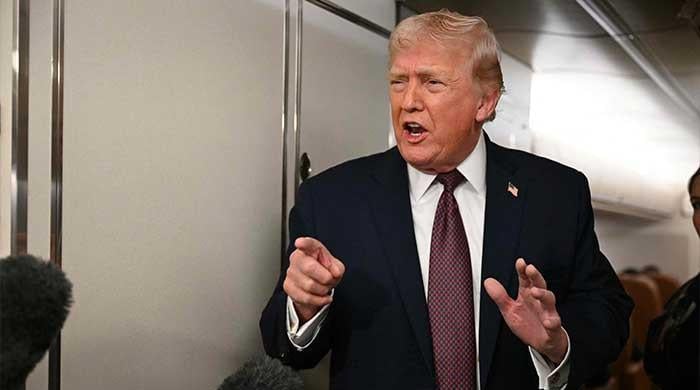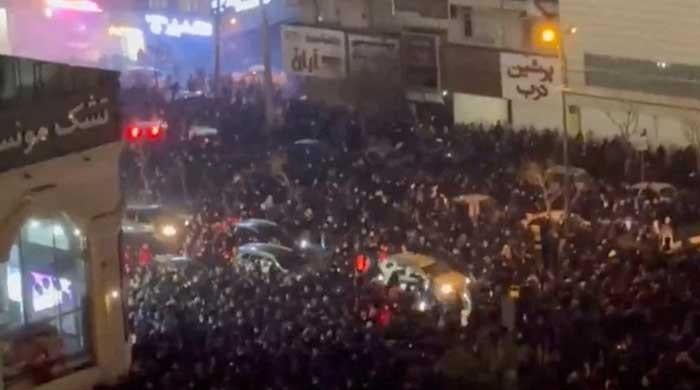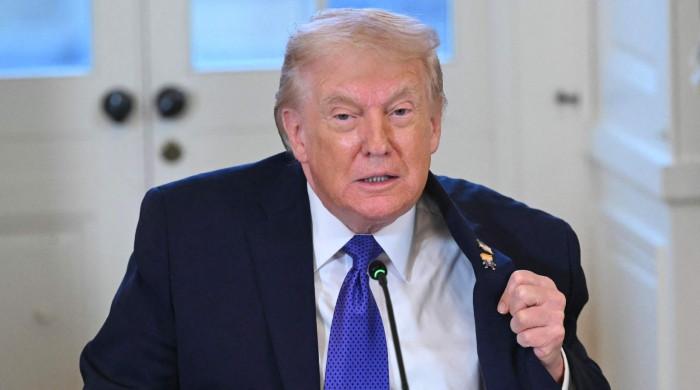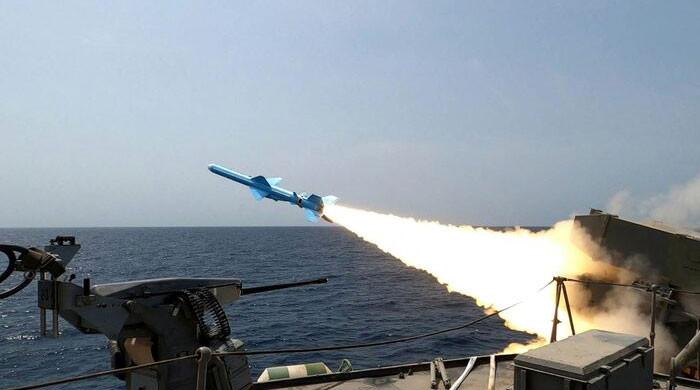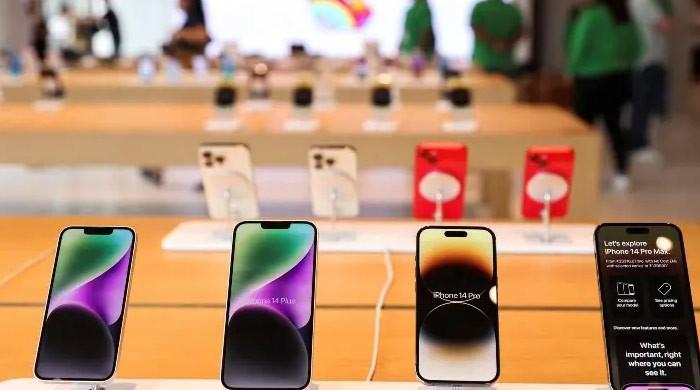India says US trade negotiations are still going on as fresh tariffs loom
"We have some redlines in the negotiations, to be maintained and defended," says FM Jaishankar
August 23, 2025
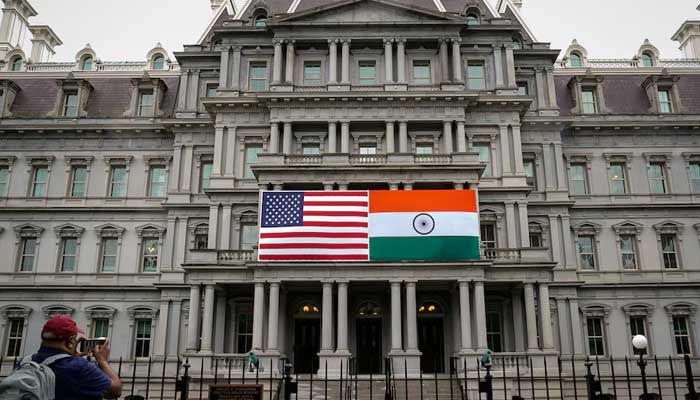
- We have some redlines in the negotiations: Indian Foreign Minister.
- Jaishankar stresses right to make decisions in "national interest".
- Analysts warn of adverse repercussions for India over high US tariffs.
India's foreign minister said on Saturday that trade negotiations with Washington are continuing but there are lines that New Delhi needs to defend, just days before hefty additional US tariffs are due to hit.
Indian goods face additional US tariffs of up to 50%, among the highest imposed by Washington, due to its increased purchases of Russian oil. A 25% tariff has already come into effect, while the remaining 25% is set to be enforced from August 27.
A planned visit by US trade negotiators to New Delhi from August 25-29 has been called off, dashing hopes that the levies may be lowered or postponed.
"We have some redlines in the negotiations, to be maintained and defended," Indian Foreign Minister Subrahmanyam Jaishankar said at an Economic Times forum event in New Delhi, singling out the interests of the country's farmers and small producers.
India-US trade talks collapsed earlier this year due to India not agreeing to open its vast agricultural and dairy sectors. Bilateral trade between the world's largest and fifth largest economy is worth over $190 billion.
"It is our right to make decisions in our 'national interest'," Jaishankar said.
Analysts at Capital Economics said on Friday that if the full US tariffs come into force and stick, the hit to India's economic growth would be 0.8 percentage points both this year and next.
"The longer-term harm could be even greater as a high tariff could puncture India's appeal as a global manufacturing hub."
The Indian minister described US President Donald Trump's policy announcements as "unusual".
"We have not had a US president who conducts his foreign policy so publicly as the current one and [it] is a departure from the traditional way of conducting business with the world," Jaishankar said.
He also said Washington's concern over India's Russian oil purchases was not being applied to other major buyers such as China and European Union.
"If the argument is oil, then there are [other] big buyers. If the argument is who is trading more [with Russia], then there are bigger traders," he said.
Russia-European trade is bigger than India-Russia trade, he added.
The minister also said India's purchases of Russian oil had not been raised in earlier trade talks with the US before the public announcement of tariffs.




